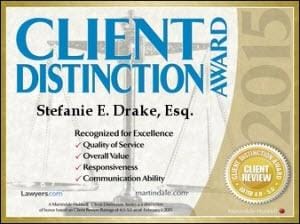When you got into an auto collision, you had to focus on your immediate medical needs. You had surgery and went through multiple treatments. Eventually, though, you will need to consider how you’re going to cover the cost of this care.
Making a personal injury claim against an at-fault driver, their employer or other responsible parties is the key. With this claim, you’ll be able to show the severity of your injuries and move towards getting a fair settlement that helps compensate you for permanent injuries.
How is the value of a personal injury claim determined?
To determine the value of a personal injury claim, a few factors have to be considered. These include:
- The amount of pain you’ve gone through (physically and emotionally).
- The extent of the damages.
- Your ability (or inability) to go back to a normal life.
- Emotional distress (for you and your family).
- The actual financial losses from missing work.
- The actual financial losses from medical care.
Compensation generally increases as the severity of your injuries increases. If you’re suing an insurance company, your compensation may be limited by the policy. For example, the policy might offer $100,000 in coverage at its limit. If you want more than that, you may need to pursue additional compensation from the at-fault driver directly, as an example.
How can you build the best case?
To build a case for compensation, you can start by collecting as much information about the crash and your medical needs as possible. If you have a permanent disability that prevents you from returning to work or that will not heal further, having documentation to show these things can help make your case stronger.
When you speak with your attorney, they will ask you for copies of many of the documents that refer to the case, including medical documents, bills and paystubs. Your attorney may also obtain copies of the accident report and other details that can help determine who the defendants in the case are. That way, they can determine who you have a right to make a claim against to boost your chances of a large settlement or award.


